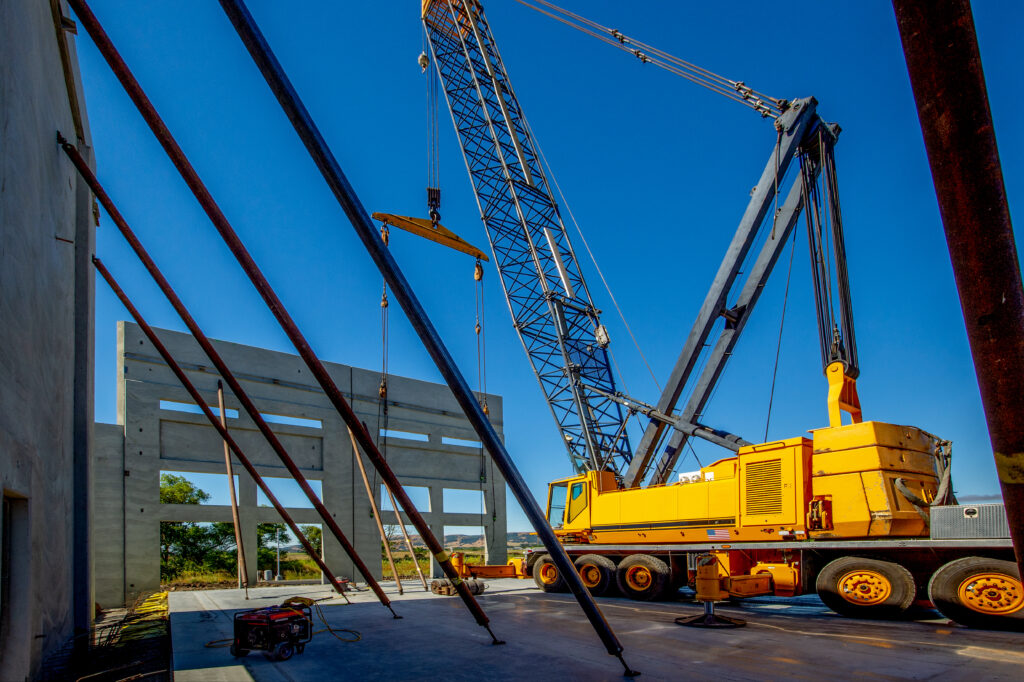Construction
Resolve disputes. Get projects done.
Amid the mountains of details, occasional surprises are nothing unusual in the construction industry and, when surprises become disputes, it’s important to be able to distinguish the significant issues from the trivial. The Spencer Fane construction team works from the premise that a reasonable approach can often lead to early settlement and an amicable resolution. We work to find common ground whenever possible, to resolve disputes while preserving business relationships. Our attorneys know that construction is only truly successful when projects get done.

Overview
Deep and broad construction industry knowledge
With experience in all areas – liens, bonding, contracting, change orders, subcontract issues, construction defects, design-build issues, pay-when-paid clauses, retainage, and punch list disputes – we know the industry inside out. We understand the needs of parties on all sides – developers, contractors, subcontractors, suppliers, materialmen, builders, and owners – and we both provide guidance and handle disputes.
We can qualify and prepare a construction entity to do business, assist with contract drafting and negotiating, assess contract risk and conduct analysis, handle defect and other disputes, and provide estate planning.
Litigating powerfully
While settling disputes short of litigation can save valuable time and money, when litigation is necessary, our team brings extensive experience trying, arbitrating, and mediating construction law cases. We have represented clients in a full range of disputes, from multimillion-dollar construction fraud cases to mechanic’s lien and contractor bond claims.
We also have expertise in project delivery systems, contractual and environmental risks assessments, differing site conditions, project documentation and termination, change in design issues, delays, and toxic tort matters.